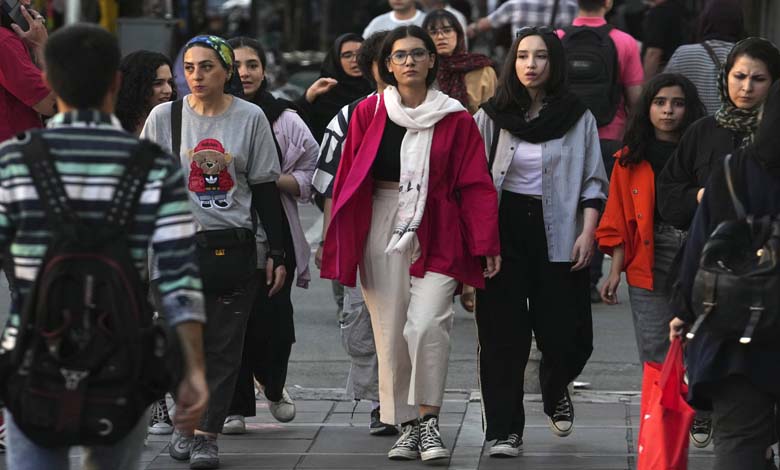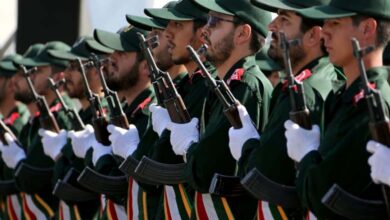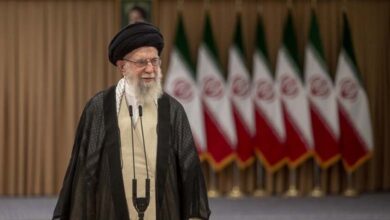Iran Postpones Implementation of Strict Hijab Rules to Avoid Domestic Unrest

Javad Zarif confirms that Pezeshkian did not enforce the strict Islamic dress code law with the approval of the Speaker of Parliament, the Chief Justice, and other members of the National Security Council.
Iranian Vice President Mohammad Javad Zarif announced that Tehran has postponed the enforcement of strict Islamic dress code rules in the country “to avoid putting women under pressure.” The move is believed to aim at alleviating domestic anger over social restrictions related to the hijab, which have sparked public discontent and led to significant protests, especially following the death of Mahsa Amini, a young Kurdish Iranian woman, after her arrest and beating by the morality police.
-
Iranian Police Crack Down on Women Defying Hijab Enforcement
-
Iranian regime closes many cafes and gyms due to non-compliance with mandatory hijab
The decision also comes as Iran braces for stricter U.S. pressure under President-elect Donald Trump, known for his hardline stance, alongside growing international human rights criticism over Iran’s social and religious restrictions on its population.
Since the 1979 Islamic Revolution, women in Iran have been required to wear the hijab in public. However, an increasing number of women have begun appearing in public without it, especially after Mahsa Amini’s death in September 2022. Her death triggered an unprecedented wave of protests, with Western powers stepping up pressure on the Iranian government to ease internal restrictions on women and minorities.
-
Will the mullahs’ regime bow to the people and amend compulsory Hijab laws in Iran?
-
Iran regime ‘intransigent’ over mandatory hijab law
Speaking at the World Economic Forum in Davos, Zarif stated: “If you walk through the streets of Tehran, you’ll see women not covering their hair. This is against the law, but the government has decided not to put women under pressure.”
He further clarified that President Masoud Pezeshkian “did not enforce the law, with the approval of the Speaker of Parliament, the Chief Justice, and other members of the National Security Council.” Zarif added: “We are moving in the right direction,” while acknowledging that “this is not enough, but it is a step in the right direction.”
-
Iran – Hijab Uprising Demands Overthrow of Regime
-
Expert: Government-led Internet Shutdown and Censorship Constitutes a Violation of Human Rights
Iranian women have grown increasingly bold in challenging the law by removing their hijabs in public and sharing their defiance on social media, sometimes resulting in clashes with police and clergy.
In September 2023, Tehran approved legislation officially known as the “Law Supporting Families by Promoting the Culture of Chastity and Hijab.” This law imposes stricter penalties on women who refuse to wear the mandatory hijab, including heavy fines and prison sentences for those found guilty of promoting “nudity” or “indecency.”
Initially, the bill was supposed to be referred to Pezeshkian last month, but he expressed “reservations” about the text, citing “ambiguities.”
-
After 3 Years in Power: Taliban Declares “Women’s Faces and Voices Are a Shame”
-
Iran Exploits Tension with Israel to Tighten Grip Internally
Earlier this month, government spokeswoman Fatemeh Mohajerani stated that the bill had been “delayed” due to certain provisions that “could have serious social consequences.”
Iranian authorities have also sparked widespread debate recently by proposing the establishment of clinics to provide psychological treatment for women and girls refusing to wear the hijab, following the circulation of videos on social media showing such refusals.
Human rights organizations allege evidence of torture, violence, and coercive medical treatments against protesters and political dissidents, whom authorities label as mentally unstable and place in state-run psychiatric facilities.












